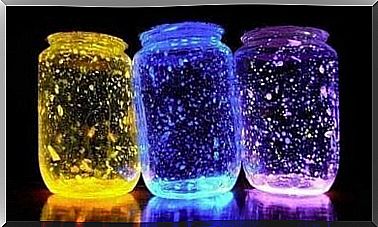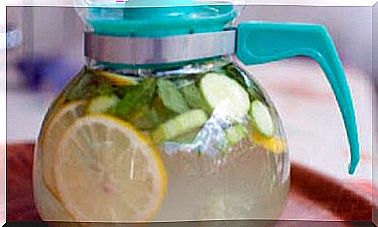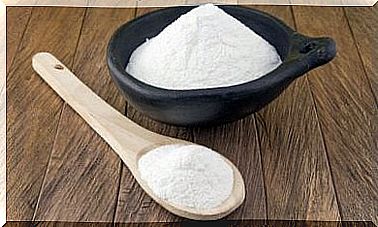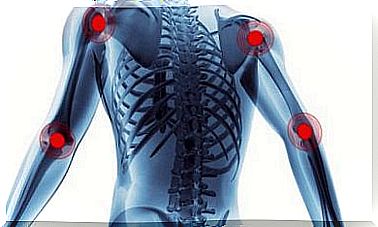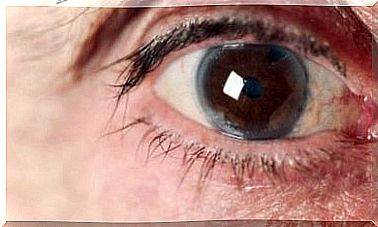Link Between Headaches And Liver Disorders
Stress and anxiety not only have a very negative effect on emotional health, they can also cause liver problems.
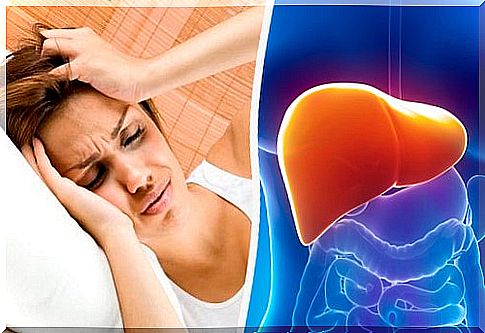
Headaches can have various causes and be of different types. Migraines, tension headaches … But is there a connection between headaches and liver disorders ?
A poisoned liver can also cause headaches. This post is all about identifying these headaches and treating them properly. Read on to learn more about headaches and liver disorders .
What is the connection between headaches and liver disorders?

As long as the liver is healthy and we feel good, we don’t think about this organ at all. However, if symptoms such as indigestion, tiredness, and headache do occur, it may be related to liver problems.
There may be lighter or more serious disorders that should definitely be examined by a doctor.
But why can a sick liver lead to headaches? In general, these headaches appear when the liver is poisoned or sick and therefore cannot function properly.
One of the consequences of this is that the necessary energy cannot be directed to the head and extremities. This creates headaches and fatigue. So headaches and liver disorders are linked.
These headaches come and go and can be felt particularly intensely on the temples and the back of the head. They are often mistaken for tension headaches.
An important sign of liver disorders is that the headache is usually accompanied by abdominal pain and a feeling of fullness and malaise.
Further symptoms are a bitter taste in the mouth, a whitish or yellowish coating on the tongue and nausea.
Doctors point out that insomnia in the first few hours of the night and difficulty waking up are often due to liver problems. Women also often suffer more from the symptoms of premenstrual syndrome.
How can the liver be cared for and headaches prevented?

1. Proper nutrition for headaches and liver disorders
- Prevent large amounts. It is best to eat smaller amounts several times a day. In addition, do not miss out on breakfast, as this is essential for a well-functioning metabolism
- Reduce fat consumption. Avoid fried foods, sugar, alcohol, salt and dairy products.
- Eat lots of fresh fruits and vegetables. It is best to use gentle, gentle cooking techniques (such as steaming).
- Herbal and whole grain products are particularly advisable. Especially leafy green vegetables with a bitter taste. This calms the liver and has anti-inflammatory and liver cleansing effects. One of the most recommended vegetables in this case is the artichoke.
- Various medicinal plants can be of great help: milk thistle, ginger, dandelion, green tea … these have a detoxifying effect, stimulate drainage and improve liver functions.
2. Feelings and emotions
Different lifestyle habits and emotions also have a major impact on the liver. It is recommended to exercise for half an hour a day and to ensure sufficient exercise in order to improve the heart functions.
A walk every morning, 15 minutes of running in the evening … the important thing is to move! Feelings and emotions should also be cultivated.
Try to reduce stressful and anxious situations and do not forget that health and happiness as well as the well-being of your beloved family and friends are in the foreground.
Try to find time for yourself, enjoy simple things, have a cup of coffee with your friends (coffee is also good for the liver!) …
Surround yourself with people who love and respect you, and then distance yourself from those who make you sick. All of these little things, especially anger and anger, can damage the liver and also unbalance its functions.
Example of a diet for headaches and liver disorders
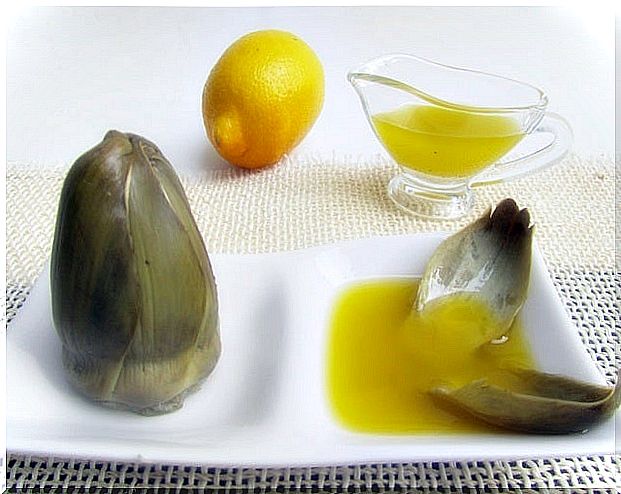
Then you will find a simple example of what a day with a special diet for liver care and headache prevention could look like:
1. Breakfast
- A glass of lukewarm water with lemon juice
- Wholegrain oat bread with blueberry jam (sugar-free)
- Half an apple with nuts
2nd morning snack
- 1 apple or 1 pear,
- or a cup of green tea with wholemeal toast and a little olive oil
3. Lunch
- Seared vegetables (broccoli, Brussels sprouts …)
- Seared white fish
- A small bowl of papaya cubes
4. Afternoon snack
- A glass of oat milk with strawberries
5. Dinner
- Cooked artichokes with a little olive oil and vinegar
- Cooked whole grain rice with olive oil, salt and bay leaves
- 1 kiwi
- You shouldn’t eat salads for dinner, as leaf lettuce, for example, is difficult to digest.
6. One hour before bed
- A tea with lemon balm, peppermint and thyme. So you will sleep more relaxed.
